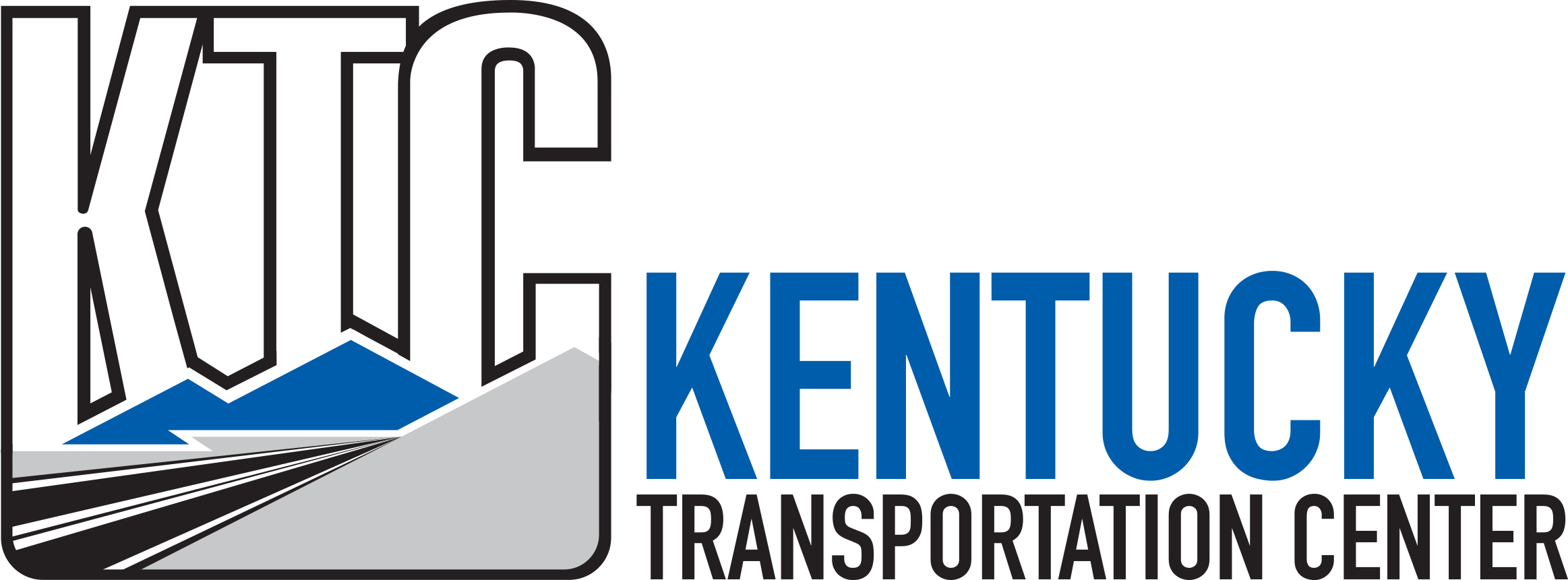Abstract
Observations were first made at lane closures on interstate highways where yellow warning signs were erected routinely in conjunction with contract work. Later data provided direct comparison between new yellow and new orange signs. One sign scheme was used throughout the study. Driver obedience improved when new signs of either color were used; this finding implies that signs should always be maintained in good condition. Orange signs were slightly more effective than yellow signs in reducing traffic conflicts and merges near the traffic cones. Results of the study tend to support the adoption of orange as the standard color for signing construction and maintenance sites. However, differences between the two colors were rather small. Driver preference polls supported the orange signs more strongly. A degree of driver insensitivity toward signing was shown. In general, variables such as short sight distances, high volumes, poor condition of signs, and driver insensitivity produced unsafe situations at lane closures. However, the scope of the study did not permit observations at sufficient sites and(or) at sufficient times to serve as a definitive exploration of such variables as weather, terrain, vertical and horizontal alignment, or level of service.
Report Date
12-1-1973
Report Number
No. 380
Digital Object Identifier
http://dx.doi.org/10.13023/KTC.RR.1973.380
Repository Citation
Seymour, William M.; Deen, Robert C.; and Havens, James H., "Traffic Control for Maintenance on High-Speed Highways" (1973). Kentucky Transportation Center Research Report. 1137.
https://uknowledge.uky.edu/ktc_researchreports/1137



Notes
Offered for publication to the Highway Research Board.